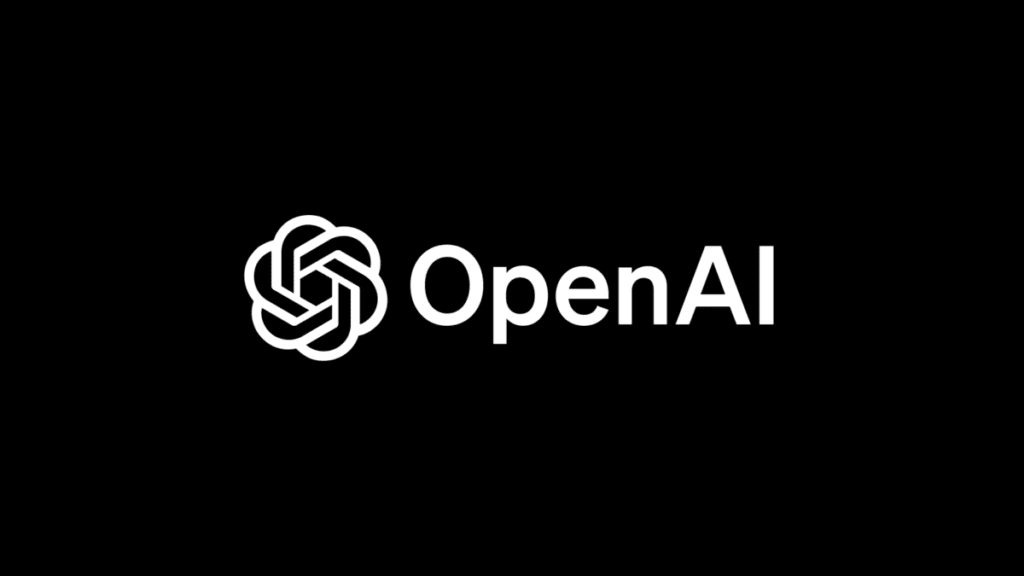OpenAI is gearing up to introduce an upgraded version of its AI model, GPT-4.5, potentially as early as next week. While this update is expected to bring notable improvements, the real buzz is around the highly anticipated GPT-5, which could be just a few months away. However, despite the hype, it’s crucial to set realistic expectations—this new iteration still won’t equate to artificial general intelligence (AGI).
According to reports from The Verge’s Tom Warren, OpenAI’s next AI model could be unveiled within this month. Microsoft is reportedly planning to showcase it next week, although official confirmation from either company is still pending. The real game-changer, GPT-5, is expected to launch as early as May, marking another significant step in OpenAI’s AI evolution.
Sam Altman, CEO of OpenAI, recently took to X (formerly Twitter) to announce that ChatGPT users will have unrestricted access to the “standard intelligence setting” of GPT-5 once it is available—completely free of charge. Additionally, GPT-5 will integrate the o3 reasoning model, designed to enhance fact-checking capabilities. OpenAI’s leadership has indicated a strong commitment to making its next AI iteration widely accessible, ensuring that more users can benefit from its advanced features.

Microsoft has a vested interest in the May timeline for GPT-5’s debut. The company’s annual developer conference, Microsoft Build, is scheduled for May 22. Last year’s event saw the introduction of Copilot+, a line of PCs optimized for AI-powered processing. Since then, Microsoft has been steadily enhancing its Copilot features, integrating them across various platforms, including 365 apps, GitHub, Dropbox, and Windows 11. This aggressive expansion underscores Microsoft’s commitment to AI-driven productivity tools.
Despite the excitement surrounding GPT-5, Altman has remained somewhat vague about access levels for different user tiers. Current Plus subscribers will gain access to a “higher level of intelligence” within GPT-5, while Pro users, who pay a premium, will experience an even more advanced level. OpenAI has also been working on specialized AI products like Deep Research, designed for generating in-depth reports based on prompts and follow-up queries. While this feature is expected to roll out more widely, users should still anticipate occasional inaccuracies, particularly given AI’s tendency to pull information from sources like Wikipedia rather than strictly verified research materials.
The upcoming GPT-4.5, codenamed Orion, represents OpenAI’s “last non-chain-of-thought model.” This concept refers to an AI’s ability to deconstruct complex problems into smaller, more manageable steps—an approach that mimics human reasoning. With the integration of o3, OpenAI may attempt to position its model as a breakthrough in AI’s journey toward AGI. However, the company’s definition of AGI differs significantly from the conventional understanding of true intelligence.
Skepticism is warranted when evaluating whether the next iteration of GPT will bring truly transformative changes. While OpenAI may achieve new reasoning benchmarks, the real question is whether GPT-5 will introduce practical, game-changing functionalities that fundamentally alter how people interact with AI. If the model proves to be more efficient and capable, as promised, it does not necessarily guarantee a groundbreaking shift in AI’s real-world applications.
Recent developments in the AI space highlight the competitive landscape OpenAI faces. Less than a month ago, Chinese AI company DeepSeek made waves with its model, which was reportedly developed at a fraction of the cost of GPT-4o while delivering comparable or even superior performance. OpenAI and Microsoft quickly dismissed DeepSeek, accusing the company of imitating their work. The irony, of course, lies in the fact that GPT itself has been trained on vast amounts of copyrighted material without explicit permission.
With GPT-4.5 and GPT-5 on the horizon, OpenAI finds itself at a critical juncture. The company must not only demonstrate technological superiority but also reassure investors that its advancements justify continued financial backing. While casual users may benefit from enhanced AI capabilities, OpenAI’s primary challenge lies in proving that its models can deliver a sustainable competitive edge in an increasingly crowded AI landscape.


